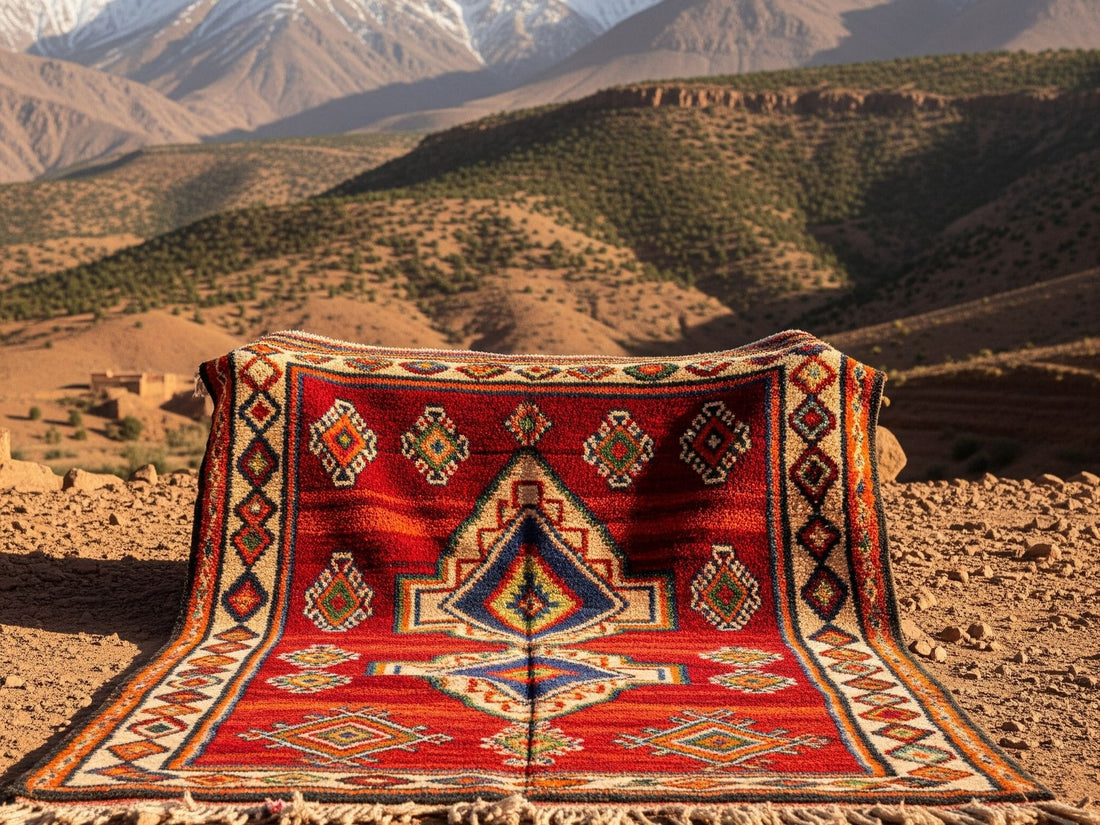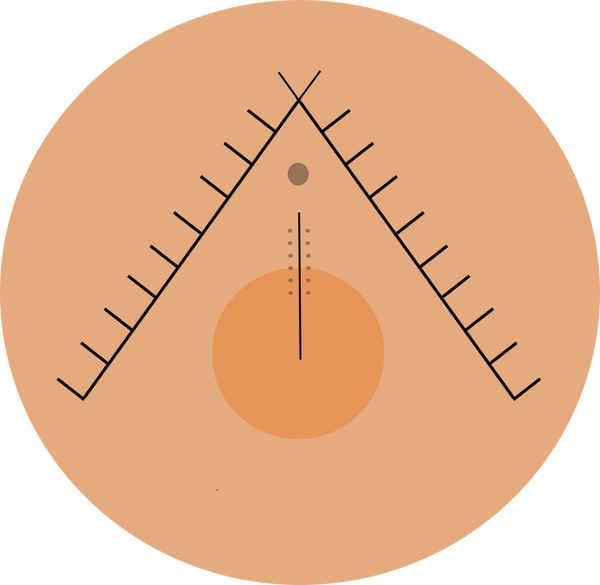
Sustainable & Handmade: The Eco-Friendly Side of Moroccan Rugs
Share
Sustainable & Handmade: The Eco-Friendly Side of Moroccan Rugs
Moroccan rugs have long been celebrated for their rich history, unique craftsmanship, and vibrant colors. But did you know that they also offer significant environmental benefits? Unlike mass-produced carpets, Moroccan rugs are handmade using sustainable materials, making them an eco-friendly choice for your home. In this article, we’ll explore how rugs are crafted with sustainability in mind and why choosing them is a step toward a more eco-conscious lifestyle.
The Eco-Friendly Materials Used in Moroccan Rugs
The first key factor that makes rugs eco-friendly is the materials used in their production. These rugs are primarily made from natural fibers such as wool, cotton, and silk, all of which are biodegradable and renewable. Wool, for example, is not only soft and durable but also has natural insulating and fire-resistant properties, making it a practical and sustainable choice for rugs.

Most rug makers also use natural dyes derived from plants, minerals, and insects, reducing the harmful impact of synthetic dyes on the environment. These dyes give rugs their vibrant colors while maintaining the health of the planet. The practice of using organic dyes also ensures that the rugs do not release toxic chemicals into the home environment, making them safer for families.
Handmade with Care: Reducing the Carbon Footprint
One of the most significant environmental benefits of rugs is the fact that they are handmade by skilled artisans, often in small villages across Morocco. This process is not only an art form but also a sustainable practice. Unlike mass-produced rugs, which require industrial machines and energy consumption, handwoven rugs are made using minimal resources. This process keeps the carbon footprint low, making each rug a green choice for your home.
Moreover, the slow production process of handmade rugs means that artisans can take their time to ensure each piece is carefully crafted, reducing waste and promoting a more sustainable manufacturing method. It also supports local economies, as artisans rely on rug-making to sustain their livelihoods.
Durability: A Long-Lasting Investment
Sustainability is not just about the materials used but also about the lifespan of a product. the rugs are known for their durability. Because they are made from high-quality materials like wool and cotton, they can last for decades, even with daily use. This longevity reduces the need for frequent replacements, which is a key factor in minimizing waste and consumption.
Additionally, the rugs often hold their value over time, making them long-term investments. This is especially true for vintage rugs, which can even increase in value. Choosing high-quality, durable rugs like these means fewer items in landfills and less waste generated by constantly replacing cheaper alternatives.
One of the most significant environmental benefits of Moroccan rugs is that they are handmade by skilled artisans, often in small villages across Morocco. This process not only preserves traditional craftsmanship but also reduces environmental impact compared to mass-produced rugs. Using natural fibers like wool or cotton, and plant-based dyes, Moroccan rugs are both durable and eco-friendly, providing a sustainable choice for modern homes. Choosing these rugs also supports fair-trade cooperatives, ensuring artisans are paid fairly while maintaining ethical production practices.
Minimalist and Timeless Design
The design of rugs is another reason why they are so sustainable. With their timeless patterns and versatile colors, these rugs are perfect for any interior style, from minimalist to boho-chic. Their ability to blend into different aesthetics means they are unlikely to go out of style, reducing the temptation to replace them. This timeless appeal also makes Moroccan rugs an excellent long-term home investment, encouraging consumers to buy less and choose better quality.
Supporting Ethical and Fair Trade Practices
Many rug makers work through ethical cooperatives or small family-run businesses that are committed to fair trade practices. These cooperatives ensure that artisans are paid fairly for their work, which promotes sustainable livelihoods and ethical production methods. By purchasing a the rug from an ethical source, you are supporting artisans who are committed to preserving traditional techniques while adhering to fair labor standards.
The Impact of Choosing Eco-Friendly Moroccan Rugs
By choosing the rugs, you are making a conscious decision to reduce your carbon footprint, support sustainable practices, and bring a piece of eco-friendly artistry into your home. These rugs are crafted with natural materials, minimal energy use, and a deep respect for traditional craftsmanship. Moreover, they offer a lasting investment in quality and style that will serve your home for years to come.
Conclusion

The rugs are not just beautiful works of art; they are also a sustainable and eco-friendly choice for the environmentally conscious consumer. From their handmade craftsmanship and natural materials to their durability and timeless design, Moroccan rugs represent a greener way to decorate your home. Choosing a handwoven Moroccan rug is a step toward a more sustainable future, all while supporting skilled artisans and reducing waste. So, next time you’re looking for a rug that combines beauty with eco-consciousness, consider a Moroccan rug—a timeless, sustainable masterpiece.
